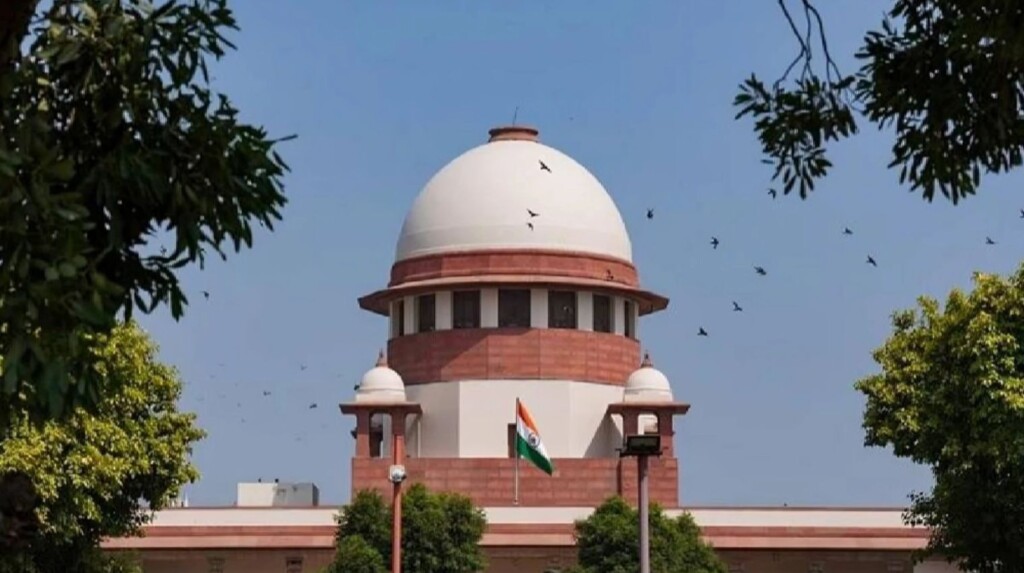In summary,
- The Supreme Court declares that downloading child pornography is illegal.
- overturns the ruling of the court dismissing the case against the guy accused of watching child porn
- requests that the word “child pornography” be replaced with a law.
The Madras High Court’s ruling that downloading and viewing child pornography is not punished was overturned by the Supreme Court on Monday, which declared that downloading, storing, and watching such content is illegal under the Protection of Children from Sexual Offences (Pocso) Act.
The criminal case against S Harish, a 28-year-old man from Chennai, was dropped on January 11 by the Madras High Court. Harish was accused of downloading child-oriented pornography onto his smartphone.
Chief Justice of India (CJI) DY Chandrachud and Justice JB Pardiwala, who make up the Supreme Court bench, declared today that the Madras High Court made a grave mistake in issuing the ruling.
The Supreme Court upheld the man from Chennai’s criminal case, ruling that it was already illegal to create and download child pornographic material in addition to publishing and spreading it.
It requested that an amendment be introduced by the federal government that would substitute the term “child pornography” with “child sexually abusive and exploitative material.” In its instructions, it further instructed other courts to refrain from using the term “child pornography.”
The Madras High Court’s decision was deemed “atrocious” by the Supreme Court when it questioned it in March. “This ruling from the supreme court is heinous. “How can the lone judge make such a statement?” CJI Chandrachud had remarked. In April, the court set aside its ruling.
The Madras High Court stated that children today were dealing with the serious issue of watching pornography and that society should be “mature enough” to educate them rather than punish them while also dismissing the FIR and criminal proceedings against the Chennai man who watched child porn.
The Just Rights for Children Alliance, a group of non-governmental organizations, submitted a plea on Monday, and senior advocate HS Phoolka represented them. This led to the Supreme Court’s decision on Monday.
The petitioner challenged the Madras High Court’s ruling in court, arguing that it would promote child pornography and be detrimental to children’s welfare.
“The impression is given to the general public that downloading and possessing child pornography is not an offence, which would increase the demand for child pornography and encourage people to involve innocent children in pornography,” the complaint read.
